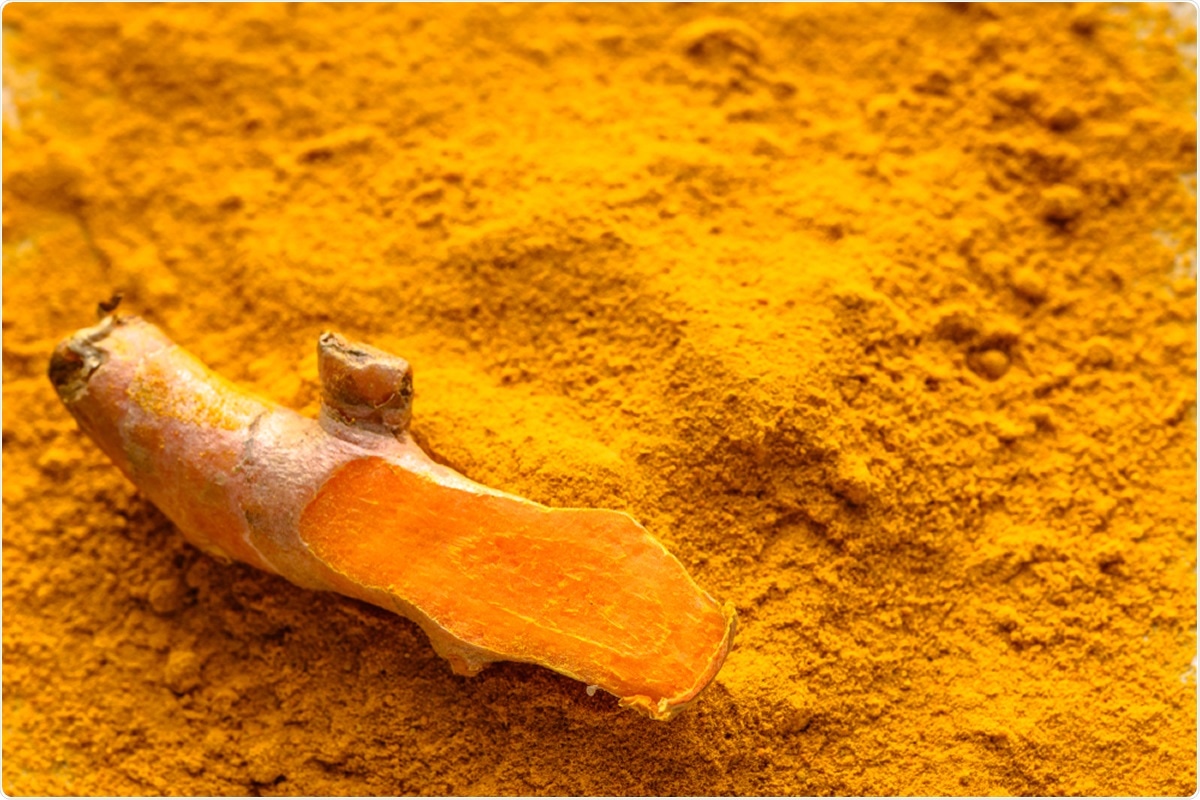The coronavirus disease (COVID-19), caused by the severe acute respiratory syndrome coronavirus 2 (SARS-CoV-2), continues to ravage the globe, with cases reaching over 173 million. To date, there is still no approved therapeutics for the infection, but several treatments are being tested to prevent severe illness.
For the pandemic to be controlled and reduced, it is critical for effective treatments to be developed.
Researchers at the University of Catania in Italy investigated whether natural compounds could prevent disease progression. Their study published in the Journal of Clinical Medicine found that iron chelators and protease inhibitors can counteract SARS-CoV-2 infection.
Dysregulated iron homeostasis
A dysregulated iron homeostasis is a potential cause of diffuse endothelial inflammation, causing oxidative stress and inflammatory response.
A range of respiratory illnesses, including pulmonary fibrosis and acute respiratory distress syndrome (ARDS), are tied to higher iron levels that may promote the course of the viral infection. ARDS is a complication reported in COVID-19 patients.
Currently, a few iron chelators are approved by the U.S. Food and Drug Administration (FDA) for clinical use, including Deferasirox and Deferoxamine. These dugs have a selective and robust affinity with iron ions and can bind free iron to remove it from iron-storing proteins.

Docking position of α-lipoic acid (dark red) in the main protease of SARS-CoV-2 virus binding site. Water and hydrogen were omitted for clarity. Alpha-lipoic acid shows an excellent dG (−8006) (Table 3). Naturally, the small steric footprint of this compound allows it to enter into the bonding site with ease. It also establishes stable hydrogen bridges throughout the dynamics time with Thr3289, through the carboxylic group of the molecule, and with Gln3452 via an NH-S bond.
Since recent studies have shown that natural components could serve as the first barrier against viral injury, scientists aim to determine the preventive role of lactoferrin, which is a glycoprotein in the body that plays a key role against viral infections. This glycoprotein can also regulate iron metabolism.
Meanwhile, proteases are the enzymes involved in proteolysis, a process of protein catabolism by hydrolysis of peptide bonds. Proteolytic processes are viral for normal body functions such as angiogenesis, digestion, and bone remodeling. In enveloped viruses, proteolytic activation is an important phase for binding with the host cell, causing infection.
Many protease inhibitors have been considered potential drugs to combat viral infections, including SARS-CoV-2 infection.
Iron chelators and viral protease inhibitors
In the current study, the team suggested that several natural products, working as iron chelators and viral protease inhibitors, could help control the inflammatory condition and the relative oxidative stress after SARS-CoV-2 infection.
To arrive at the study findings, the researchers performed docking studies to determine all the potential compounds. They downloaded the protease coordinates from the protein databank. From there, the team identified some natural products that we're able to counteract SARS-CoV-2 infection, acting both as iron chelators and protease inhibitors.
Some of these include alpha-lipoic acid, quercetin, caffeic acid, phytic acid, and curcumin.
Alpha-lipoic acid (ALA) is a natural substance in the body, an antioxidant, and a metal chelator. It allows the reduction of the oxidized forms of many antioxidant agents, like vitamin E, vitamin C, and glutathione.
Quercetin is the most abundant dietary flavonoid, found enriched in cranberry, onions, blueberry, apples, and tea. As a polyphenol compound, it is considered a potent iron chelator.
Deferoxamine, a type of quercetin, reduces serum and tissue iron, enhancing the inflammatory condition. It reduces interleukin-6 (IL-6) and increases interleukin-10 (IL-10) expression.
Past studies have also shown that quercetin showed potent ability against some viruses, such as enterovirus, Middle East respiratory syndrome coronavirus (MERS-CoV), and the severe acute respiratory syndrome coronavirus (SARS-CoV).
Another natural product noted was caffeic acid (CA), a phenolic compound produced by the secondary metabolism in plants. Recent evidence has demonstrated that CA can ward off viral infections by targeting the extracellular attachment between the virion glycoprotein B and the heparan sulfate proteoglycans on the cell's surface.
The scientists also showed that phytic acid had been recognized as a potent antioxidant and inhibitor of iron-catalyzed hydroxyl radical information under in vitro and in vivo conditions.
Lastly, curcumin has also been studied, showing that the natural yellow product extracted from the Indian herb turmeric can modulate proteins of iron metabolism in tissues, making it an iron chelator. This active ingredient is well-known for its anti-inflammatory, antioxidant, antiviral, and antitumorigenic properties.

Fresh root and turmeric powder, Curcumin, is the active ingredient in turmeric. Image Credit: Alicja Neumiler / Shutterstock
"In our review, we exposed and summarized the effects of some important natural products with an amply demonstrated activity as iron chelators and protease inhibitors, suggesting their involvement for new possible therapeutical strategies towards the pathological contexts related to COVID 19 infection," the team noted in the study.
Source:
Journal reference: